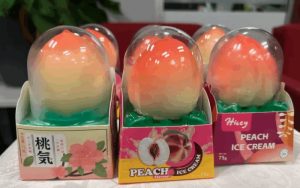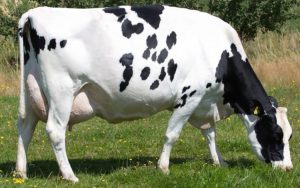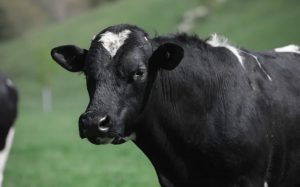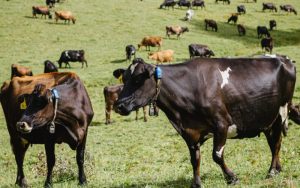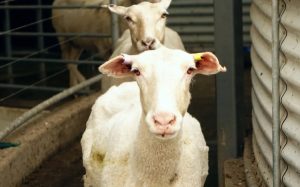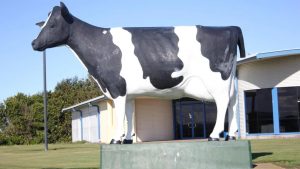
The business was started by Canterbury dairy farmer Glen Herud in 2015, who aimed to create a more sustainable dairy model than that offered by large dairy companies.
The company supplied mobile pasteurising units to farmers, who in turn supplied milk to retailers such as schools, workplaces, grocery stores, cafés, farmers markets or individuals doing home deliveries.
Farmers could earn more from processing and earning their own milk, as opposed to supplying to large processors, Herud said.
Herud believed the company’s technology and intellectual property could have the biggest impact overseas where dairy farmers mostly produced milk for domestic markets.
Almost all New Zealand dairy was exported, and the model would not have as high impact here, he said.
Many overseas dairy farmers had smaller herds than farmers in New Zealand. The company’s technology could create more profits for them, he said.
Happy Cow Milk Co and a US-based farm signed a letter of intent to sell pasteurised milk to California markets.
The farm, Perennial Pastures, already sold raw milk and premium beef from its regenerative farm to US customers.
Funding from the latest campaign would also be used to sort out some hardware glitches.
Some nozzles in the machinery did not always spray when they had to, Herud said.
The company had previously hit crowdfunding targets in 2019 and 2021.
The campaign had already pulled in pledges of over $216,000, but aimed for a maximum raise of $1 million.
The minimum target of $200,000 was worth 2.51% of the company.
An investment memorandum said the $200,000 would mean the company remained profitable.
A $1m raise would be equal to 11.41% shares in the company.
Such a large raise would mean Happy Cow Milk could invest in research and development, employ a full time engineer, employ someone to market the product, employ a fulltime food safety monitor, and employ a full time food safety developer.
The company offered 250,000 shares at $4 per share.
Those who bought in would have the right to dividends, Herud said.
A pre-raise valuation put the companies worth at just under $8m.
The campaign would close at the end of this month.






